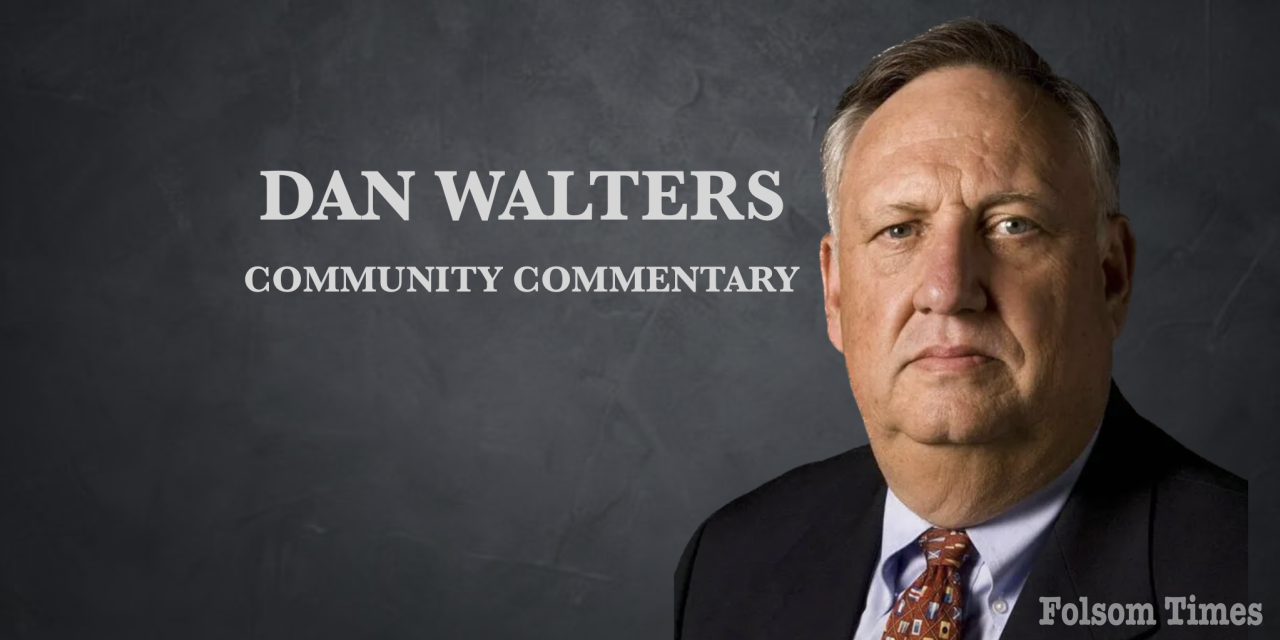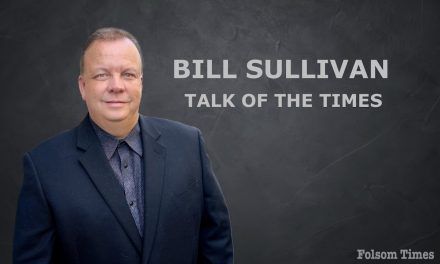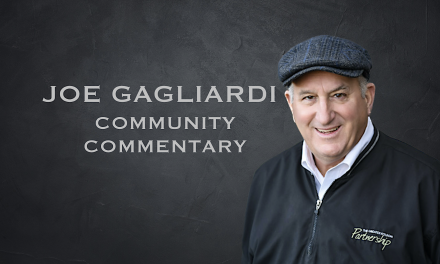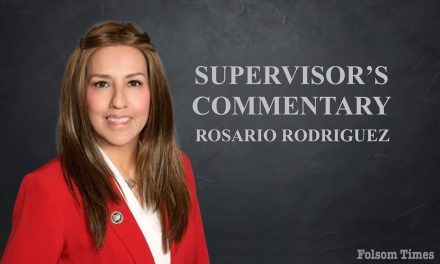In the months leading up to last week’s passage of a new state budget, three major public service coalitions mounted full-blown lobbying campaigns to obtain billions of dollars in additional state aid.
Although all three said more state financing was vital to keep their services alive, they were hard sells because Capitol politicians were confronting a $30-plus billion budget deficit.
When the final budget was drafted, one of those three – the state’s public transit systems – had pretty much scored what they were seeking. A second – the state’s hospitals – got a partial win. The third – city and county providers of programs for the state’s huge population of homeless people – struck out.
Transit operators told Gov. Gavin Newsom and legislators that ridership on buses and rail transit had not recovered from severe declines during the COVID-19 pandemic and were facing a “fiscal cliff” that could mean sharp reductions in service.
Initially, Newsom shrugged off transit pleas, but with support from sympathetic legislators, particularly those from the transit-heavy San Francisco Bay Area, the final budget deal provides $5.1 billion over four years with flexibility to use the money for either construction or operations.
Citing a study, the California Hospital Association said a fifth of California’s hospitals were in danger of closing, in part because reimbursements from Medicare, the federal medical care program for the elderly, and Medi-Cal, the federal-state system of care for the poor, fail to cover costs of services.
The report said that in 2022, California hospital care costs ballooned by $23.4 billion over pre-pandemic levels, leading to losses of $8.5 billion, on top of $12 billion in pandemic-related losses.
Medical care providers won some reprieve in the new budget, which will levy a tax on medical care organizations, use the proceeds to qualify for more federal funds, and increase reimbursements for treating Medi-Cal enrollees. The budget also includes a $150 million fund to help hospitals in financial distress.
City and county officials are often at odds over how to deal with the state’s homeless crisis. Encampments are mostly found on city streets, but counties are responsible for health and welfare services.
However, they agree that providing effective services requires long-term financial commitments. Newsom, often critical of local efforts, has been unwilling to provide more than the annual allocations.
He maintained that attitude and the budget continued to give another one-year $1 billion appropriation, which drew sharp criticism from local officials.
“California is one of the largest economies in the world, yet home to the highest rate of homelessness in the country,” Carolyn Coleman, executive director of the League of California Cities, said in a statement. “So, it defies logic that the budget once again fails to include ongoing funding to match the scale of this emergency.
“City leaders throughout the state are on the front lines of what the Legislature and the governor agree is a crisis. Yet this budget agreement prioritizes short-term fixes over long-term, sustainable solutions. This short-sighted approach will only worsen the state’s growing housing and homelessness crisis and will hurt the Californians who need the most help.”
Rachael Serrao, spokesperson for the California State Association of Counties, was equally critical, saying, “All levels of government simply cannot address this complex issue without ongoing funding to plan and support an effective system.”
While transit systems, hospitals and local governments begged for more aid, Newsom and legislators eagerly provided Southern California’s film and television production industry with enhanced long-term subsidies for basing projects in California. The $330 million per year in tax credits is twice the budget’s safety net for distressed hospitals.
Misplaced priorities, perhaps?
Dan Walters is a journalist and author who writes for CALmatters.org, a nonprofit, nonpartisan media venture explaining California policies and politics. Folsom Times is an authorized CalMatters media partner in an effort to keep our local community up to date on happenings in the State Capitol.




